This interview is the fourth in a six-part series about rethinking the police. A new article will be posted every Wednesday.
Racism in Saskatchewan’s justice system has been studied for decades. But in 2016, new light was shed on the infamous “starlight tours” and police treatment of Indigenous people.
You may unsubscribe from any of our newsletters at any time.
Priscilla Settee is an Indigenous studies professor at the University of Saskatchewan. She shared her knowledge and opinions on the relationship between Indigenous communities and police in Saskatchewan and Canada with Albina Retyunskikh from her home in Saskatoon.
Albina Retyunskikh: In a 2016 Macleans article, you spoke about the starlight tours and how police relate to Indigenous communities in the province. What is the situation now?
Priscilla Settee: It’s not good. At one point, the police were called to take accountability, so they got better chiefs in place, but there’s still a concerning number of people that aren’t on side with some of the goals of justice. So it’s concerning, and I think it’s hit the national news all across Canada. There are multiple examples of police really overstepping their boundaries or their rights as “keepers of the peace” and being anything but. So it’s not that we’re trying to be enemies of the police, but we are really concerned about some of the abuse of power.
AR: Is there a difference in the way police relate to Indigenous women specifically? Are women more targeted?
PS: I wouldn’t say they’re more targeted, but they’re certainly not given any special treatment either. We still have epidemic numbers of cases of missing and murdered Indigenous women, which aren’t being dealt with effectively. And this is a concern. Women continue to go missing. And now, one of my new research areas is the topic of the trafficking of women and children. It has hit the news in the prairies, and it affects all women. So that’s definitely a concern.
AR: What do you think are the biggest miscarriages of justice on behalf of the police when it comes to policing Indigenous communities?
PS: It’s all related to the justice system. We still have huge numbers of men and women who are held on remand and not even being charged. They are just suspected of having committed a crime or broken the law. And just two weeks ago, in our province, our government committed another huge amount of dollars to building an even bigger remand centre, when clearly a lot of the problems are related to homelessness, addiction, poverty, unemployment, bigotry, discrimination, the unequal delivery of laws — one for whites, one for browns. So it’s a really broad base of concerns that aren’t always directly related to the law, but certainly have an influence on who gets targeted with breaking the law. And racial profiling is a big problem, too.
AR: Do you think there are alternative ways to ensure safety without calling the police?
PS: For sure. We are focused on building greater support systems towards a kinder and more supportive society. And I think that as long as we have the kind of political and economic system that prefers rich over poor, that doesn’t create a good solid safety network for people, we will have crime. In this time of neoliberalism, where all of those kinds of services are being ignored or being cut… It’s really causing a huge amount of suffering and poverty and the kinds of issues that we’re seeing publicly now.
More on Broadview:
- This retired cop wants to see police culture transformed
- Social worker Donna Alexander on the anxiety of calling the police
- Simon Moccasin on taking a stand against police violence
AR: What are the repercussions on the mental health of Indigenous communities when dealing with excessive force from the police?
PS: It’s a very complicated colonial state that we’re in. As a young woman, when I was doing my undergrad, understanding decolonization was a great breakthrough for me — to understand how communities of suffering didn’t start out that way, but they are developed that way, including the impact on mental health. And of course, if you look at our complicated history as Indigenous people, and you learn about the schools that many of us were put in, and the stuff that was done to us… It’s amazing that we’re still alive. Both my father and my uncle went to these schools. And they didn’t talk a lot about it, because back then, it wasn’t talked about.
We only saw the impact of that tragic state in history after the reconciliation process was broadcasted. Only after national leaders came out and spoke about it, it became front and centre. Now, we are slowly rebuilding from the ashes and still have a long way to go. But white people — or other people who haven’t been impacted by this — need to understand it deeply, such as your organization does, and act as a type of advocacy. Not to speak for us, but to educate the broader public in what happened back then, how it still has repercussions. And really, the model of governance is anything but supportive to people who are suffering in poverty.
AR: Right now, with the Black Lives Matter movement and everything that’s been happening in the wake of George Floyd’s death, do you think it’s finally shedding a light on police brutality in Canada as well?
PS: I think it is, but it’s also revving up the resistance. You know, we have people coming out really being bold, being racist. And people like Trump, of course, are leading that. We’ve seen the Moms movement out of Portland [Ore.] organizing, but it’s also churning up the extreme right, and that’s very concerning. Because, you know, with Trump at the helm, it really emboldened people to speak out their hatred against people of colour. There’s also a lot of transphobia happening. So we have to be vigilant. We have to challenge and we have to speak out. We have to educate. We have to use the press wherever we can. We have to get to know our neighbours and never stop learning.
I hope you found this Broadview article engaging. The magazine and its forerunners have been publishing continuously since 1829. We face a crisis today like no other in our 191-year history and we need your help. Would you consider a one-time gift to see us through this emergency?
We’re working hard to keep producing the print and digital versions of Broadview. We’ve adjusted our editorial plans to focus on coverage of the social, ethical and spiritual elements of the pandemic. But we can only deliver Broadview’s award-winning journalism if we can pay our bills. A single tax-receiptable gift right now is literally a lifeline.
Things will get better — we’ve overcome adversity before. But until then, we really need your help. No matter how large or small, I’m extremely grateful for your support.
Jocelyn Bell
Editor/Publisher

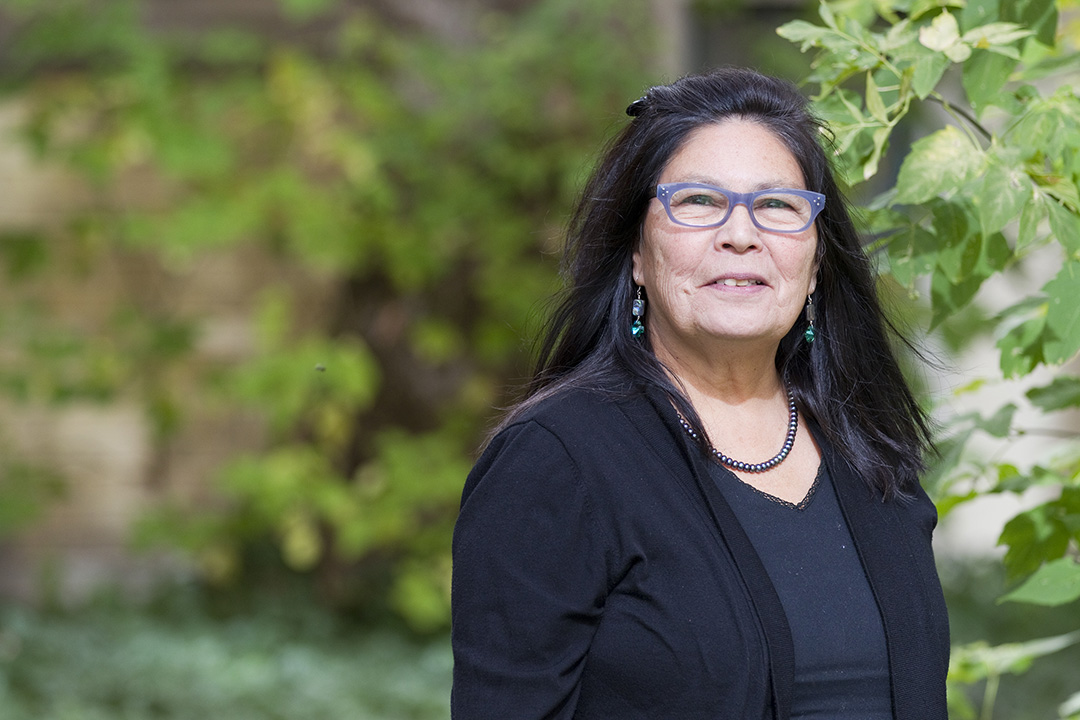


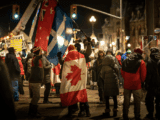



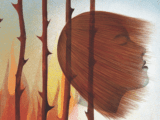

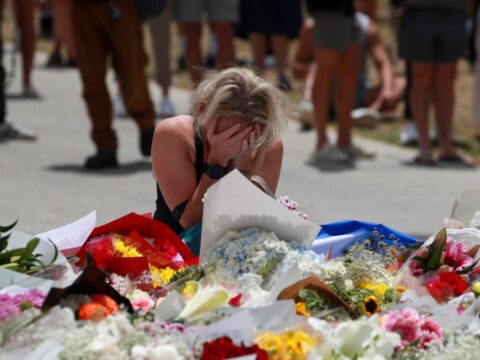

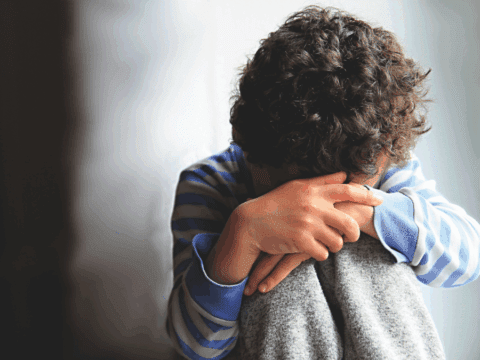


Although I agree, not all police are there to serve and protect. I know of a few Enforcement Officers who are “wanna be” gods. So it is not only police who think they are “above the law”.
Your statement confuses me however, first you state “multiple examples of police” then in the next breath you state “some abuse of power”. (Which is it?)
The question “Is there a difference in the way police relate to Indigenous women specifically?” was not answered.
“It’s all related to the justice system.” Here lies the greatest statement in our country. We have one side asking our lawmakers “prosecute to the fullest” and the other “you are being too harsh”, the Young Offenders Act is a good example. It seems the injustice with rich verses poor has been around since the Book of Judges, as our Bible seems to indicate, it seems based on the sins of man along with the sin of greed.
Let’s remember for every action there is a reaction.